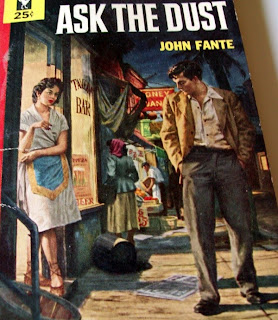 |
| Orhan Pamuk |
 |
| Istanbul street at night |
That is why we know that we must look into the depths of our
souls, until we arrive at the place of difference. That place owes its
otherness to our soul, our body, our home, our family, our street, our city,
our language, our history. All this reminds us that the urge to sit down and
write has something to do with our identity – what others call our ‘national
identity’.
 |
| Pamuk crossing an Istanbul bridge |
…The novelist speaks with conviction about the poetry he sees in
his personal life, or the shadows that darken it, but critics and readers read
his books as expressions of a country’s poetry, and a country’s shadows. Even
the novelist’s most private imaginings and creative idiosyncrasies are taken as
descriptions of an entire nation, even as representations of that nation.
Ideas about identity and character may change from person to
person, and from country to country; what is constant is the preoccupation with
being misunderstood by the rest of the world.







